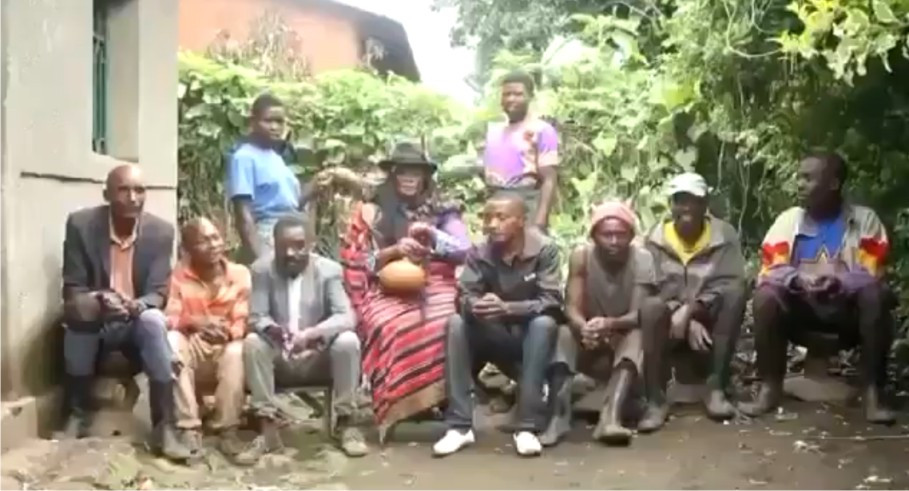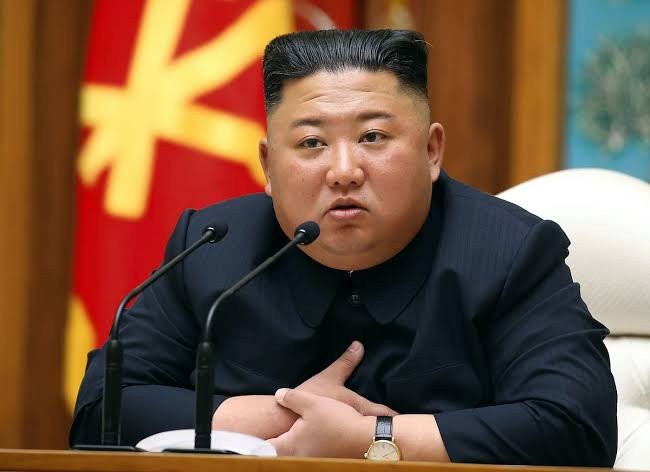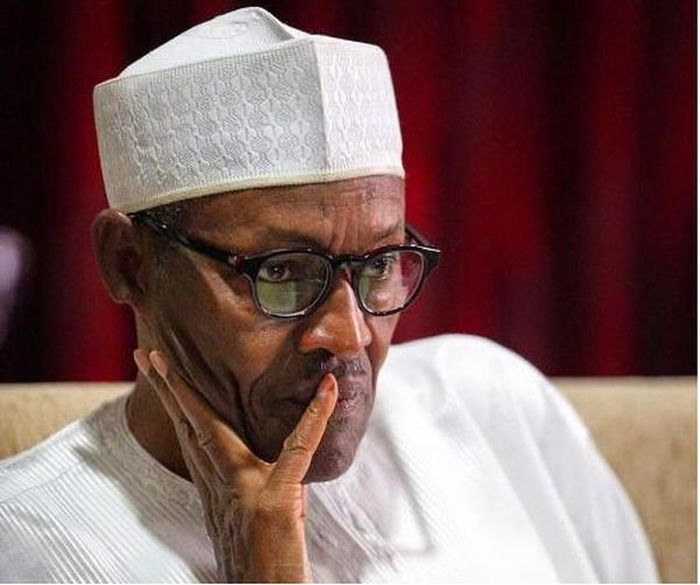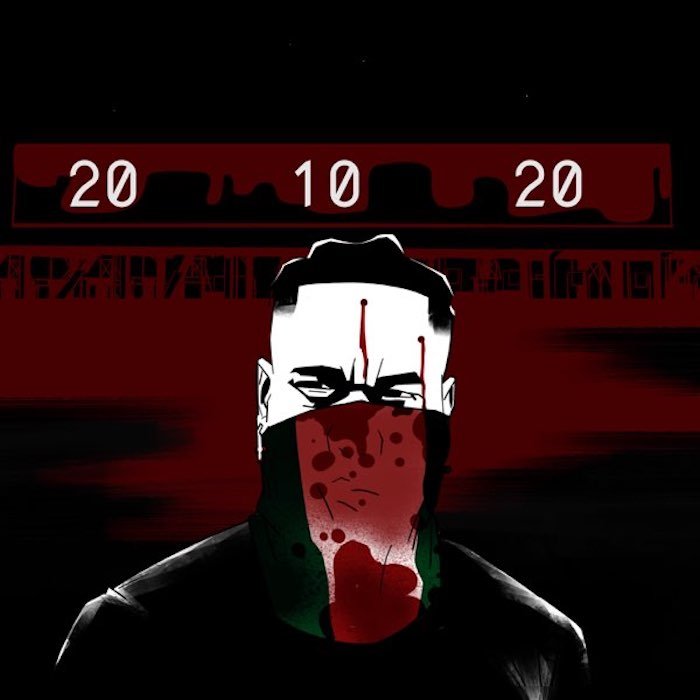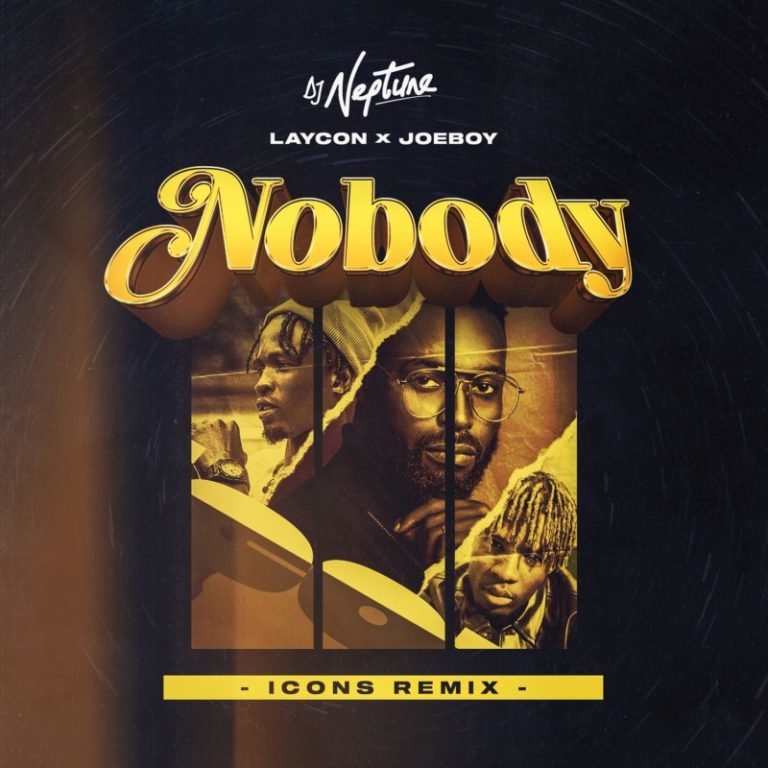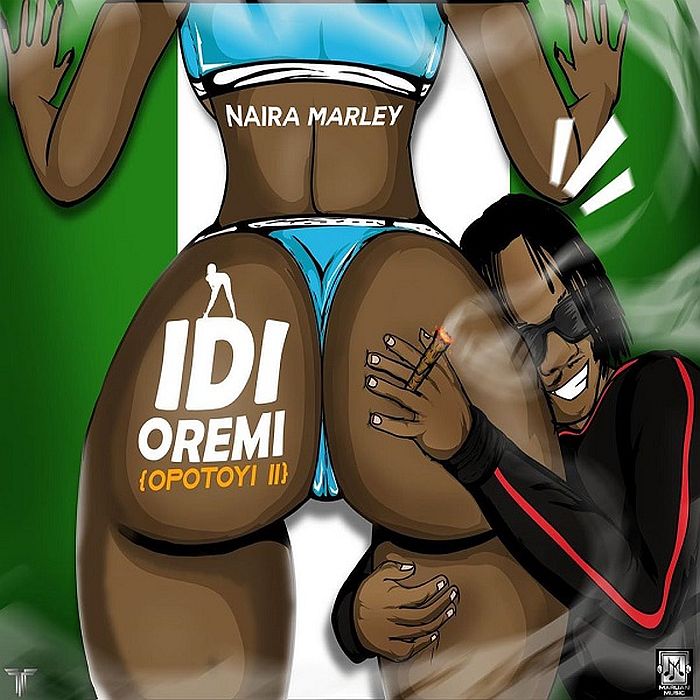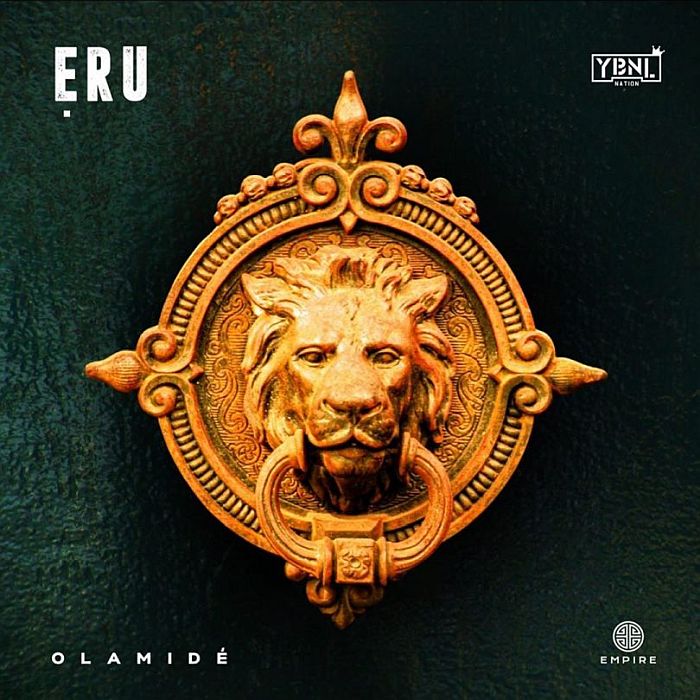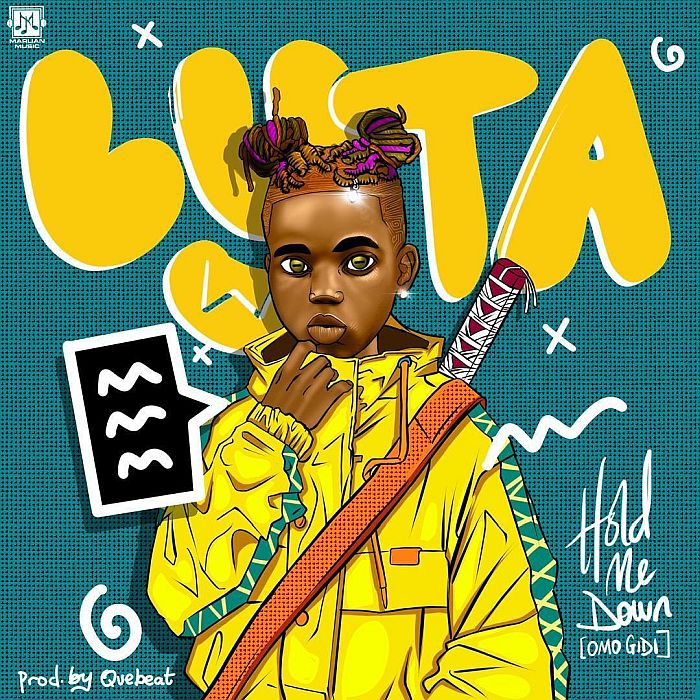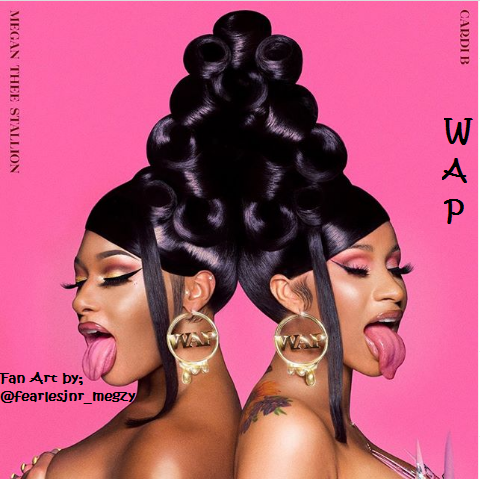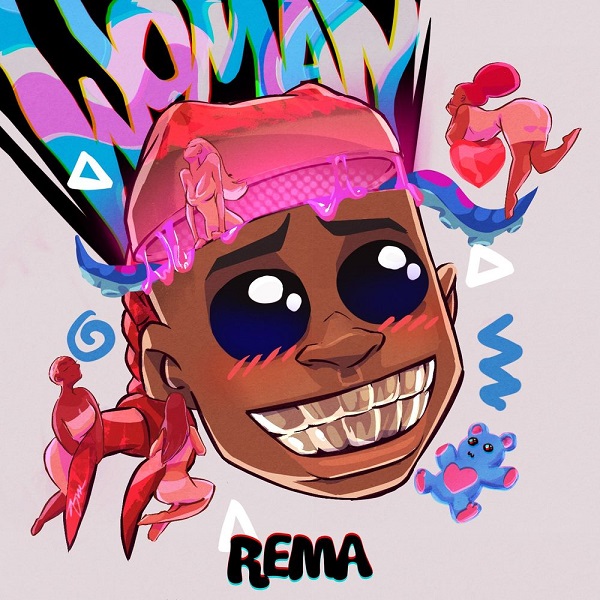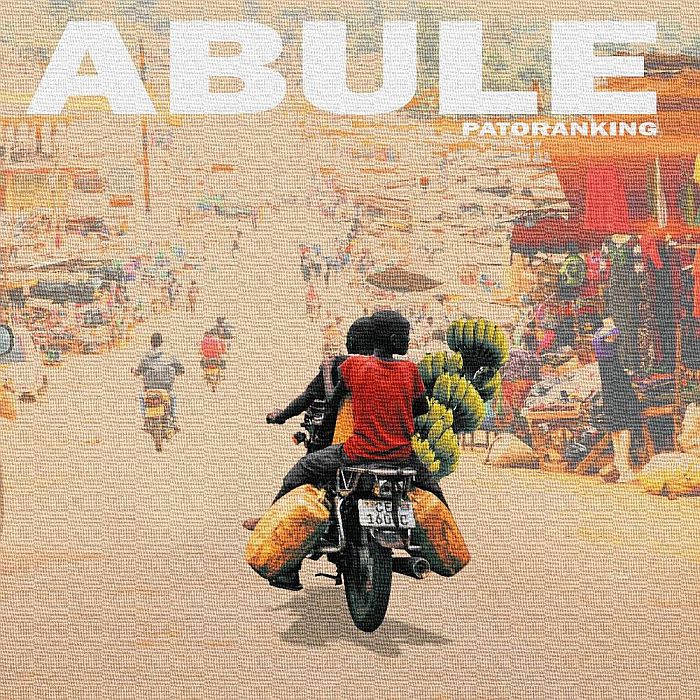Is The Idea Of Social Media Bill A Good One Or Bad One? – Here Are Key Things You Need To Know About It (READ HERE)
Posted by E.L.E.X on November 26 2019 under News
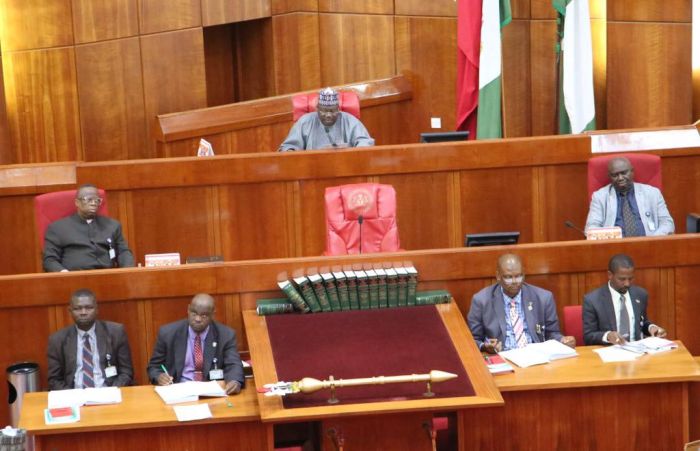

There has been serious outrage amidst Nigerians on social media as regards a proposed bill by the lawmakers to regulate social media, they call it Social Media Bill.
The Bill is meant to reduce spread of falsehood and fake news on the internet. ‘Protection from Internet Falsehood and Manipulations Bill, 2019,’ sponsored by Mohammed Musa was introduced in the Senate two weeks ago.
Meanwhile, Internet Users in Nigeria are of the opinion that the Social Media Bill is nothing but an instrument to finally silence Nigerian youths on issues of national importance.
According to lawmakers in support of the bill, they said the bill is an opportunity to checkmate spread of false information which might caused serious damage to our nation if left unchecked.
Below are key things you need to know about the social media bill:-
Title Of The Bill
Protection from Internet Falsehoods, Manipulations and Other Related Matters Bill 2019.
Explanatory Memorandum
This Act is to prevent Falsehoods and Manipulations in Internet transmission and correspondences in Nigeria.
To suppress falsehoods and manipulations and counter the effects of such communications and transmissions and to sanction offenders with a view to encouraging and enhancing transparency by Social Media Platforms using the internet correspondences.
Objectives Of The Bill
One objective of the bill is to prevent the transmission of false statements or declaration of facts in Nigeria.
Another objective of the bill is to end the financing of online mediums that transmit false statements.
Measures will be taken to detect and control inauthentic behaviour and misuse of online accounts (Parody accounts).
When paid content is posted towards a political end, there will be measures to ensure the poster discloses such information.
There will be sanction for offenders.
Transmission Of False Statements
According to the bill, a person must not transmit a statement that is false or, transmit a statement that might:
Affect the security or any part of Nigeria.
Affect public health, public safety or public finance.
Affect Nigeria’s relationship with other countries.
Influence the outcome of an election to any office in a general election.
Cause enmity or hatred towards a person or group of persons.
Anyone guilty of the above is liable to a fine of N300,000 or three years imprisonment or both (for individual); and a fine not exceeding Ten million naira (for corporate organisations).
Same punishment applies for fake online accounts that transmit statements listed above.
Parody Accounts
The bill says a person shall not open an account to transmit false statement.
Anyone found guilty will be fined N200,000 or three years imprisonment or both (for an individual) or five million naira (for corporate organisations).
If such accounts transmit a statement that will affect security or influence the outcome of an election, such a person will be fined N300,000 or three years imprisonment or both.
If a person receives payment to reward to help another to transmit false statements knowingly, he/she is liable to a fine of N150,000 or three years imprisonment or both.
If a person receives payment to reward to help another to transmit a statement affects security or influence the outcome of an election, the fine is N300,000 or three years imprisonment or both (for individual) and ten million naira for organisations
Declaration
According to the bill, a law enforcement department can issue a “declaration” to offenders. And this declaration will be issued even if the “false statement” has been corrected or pulled down.
The offender will be required to publish a “correction notice” in a specified newspaper, online location or other printed publication of Nigeria.
Failure to comply, a person is liable to N200,000 or 12 months imprisonment or both (for individual) and five million naira for organisations.
Access Blocking Order
The bill says the law enforcement department will also issue an access blocking order to offenders.
The law enforcement department may direct the NCC to order the internet access service provider to disable access by users in Nigeria to the online location and the NCC must give the internet access service provider an access blocking order.
– An internet access service provider that does not comply with any access blocking order is liable on conviction to a fine not exceeding ten million naira for each day during any part of which that order is not fully complied with, up to a total of five million naira.
** A person is however, free to make an appeal to the High Court against the regulation.
Thoughts On Social Media Bill
If the Social Media Bill is about checkmating the spread of fake news on the Internet, there is actually nothing wrong.
The truth is the internet is a powerful place where fake information that can spread like wildfire and bring about some negative consequences.
But then, this is Nigeria, if this bill got passed, it might become shield for corrupt politicians or a tool to suppress public opinion.
What this means is that, your personal opinion on Facebook or Twitter about a politician can be regarded false information and you might get imprisoned.
So Guys
Do You Think The Idea Of Social Media Bill Is A Good Or Bad One?
Let’s hear from you
Drop your comments
Tweet
YOU MAY ALSO LIKE
Comments
Add Comment
All fields are required!



 One objective of the bill is to prevent the transmission of false statements or declaration of facts in Nigeria.
One objective of the bill is to prevent the transmission of false statements or declaration of facts in Nigeria.

